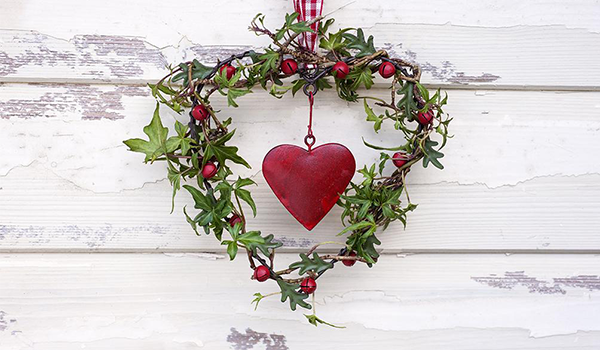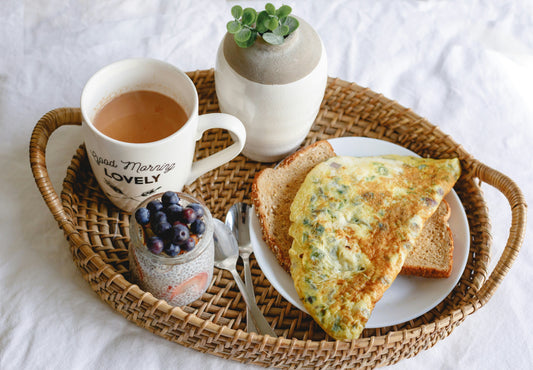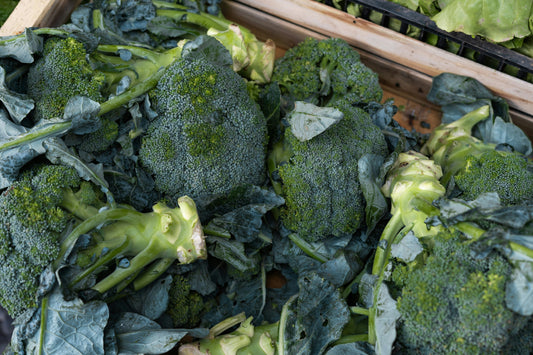Party season is fast approaching, summer barbecues, work Christmas parties and family gatherings often mean less than healthy meals, lots of nibbles and more alcohol than normal. Here’s how you can balance your wellness this holiday season.
Eat before you go out
Festive gatherings normally have a variety of nibbles on offer but people often find that they eat far more than they normally would at a meal when they are snacking on small amounts over the course of an evening. Instead, eat a proper meal before you leave home, this will prevent your hunger from driving you to eat more than you normally would.
There is no such thing as ‘falling off the wagon’
Just because you enjoy a few drinks with friends or a slice of cake at a party doesn’t mean that you have fallen off the wagon. An all or nothing approach to healthy eating is almost impossible, and the mentality can do more harm than good to your health and your relationship with food. If you know that you are going out and will be enjoying some treat foods then simply try to ensure your other meals are made up of nourishing real food.
Be honest about how much you are drinking
Social gatherings can influence you to drink more than you normally would, so be mindful of this. It is okay to say ‘no’ to a top up or an extra drink. It is recommended to have no more than 10 standard drinks per week and including at least two alcohol-free days each week. However, please keep in mind that The New Zealand Cancer Foundation, and many others worldwide, insist that there is no safe level as which to drink alcohol as it is strongly linked to many types of cancer. Do not take the effect of alcohol on your body lightly, it increases inflammation, pressure on the liver and depletes important nutrients in the body.
Where possible reduce your intake by switching to light alcohol options or swapping alcohol for iced tea, soda water, and lime or kombucha.
Stick to Real Food
The holiday season can be a time when people revert to packaged and processed foods in the form of chocolates, mince pies, dips, crackers, and desserts. Instead, try to stick to as much real food as possible, make your favourite foods yourself rather than buying them – this will help to reduce the amount of ‘non-food’ ingredients you are consuming as well as sugar and poor quality fats. Fill up on in season fruits and vegetables and spend the money you normally spend on processed foods on tropical fruits, or high quality meats and seafood. On the days that you know you will be having less real food and vegetables you increase your nutrient intake with a green powder, this provides you with a boost of nutrients to help ensure you stay healthy and nourished, my favorite is RAW Greens.
Active Living
Lots of people like to take a break from their regular exercise regime over the holiday period, but that doesn’t mean you should stop moving your body altogether, instead look for fun and easy ways you can get out and move your body. Exercise doesn’t have to mean hitting the gym – instead try paddle boarding, a family swim, or a bush walk.
“No, thank you”
Holiday parties and the food served will not be the only problem you face while trying to support your health at Christmas time. ‘Food pushers’, or people that insist you having a slice, cookie, or another drink when in fact you don’t want it, can be hard to deal with and often you end up accepting that item of food even though you don’t want it. You need to understand that for the person pushing the food on you it is not about the food, it is almost always about that person needing validation, attention or acceptance from you. If a simple ‘no, thank you’ doesn’t get you out of the situation you may like to follow up with “I have enough to eat/drink for now, but I would love to hear about how your work/family/yoga is going,” this takes the attention off what you’re eating and gives the person the attention that they are really looking for.




